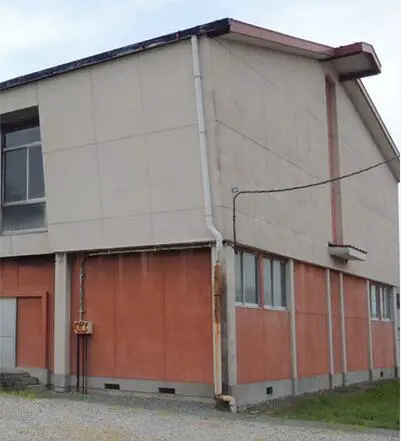South Korea planned to build large- sized oil storage facilities to become an oil hub in the Northeast Asian region amid growing demand for such facilities, the commerce ministry said Wednesday.
The country's commercial oil storage capability will be lifted to 36.6 million barrels in 2020 by encouraging private sector to invest 1.5 trillion won (1.4 billion U.S. dollars) into such facilities, according to the Ministry of Trade, Industry and Energy.
The country's first-ever commercial oil storage facility with a capability of 8.2 million barrels of oil was opened last March in Yeosu, 455 km south of Seoul. Another two facilities, which can store up to 28.4 million barrels of oil, will be constructed by 2020 in Ulsan, some 410 km southeast of Seoul.
If necessary, the government will lend its strategic oil reserves facility to the private sector up to 20 million barrels, raising the total storage capacity in the private sector to 56.6 million barrels to beat Singapore with a capacity of 52.2 million barrels.
Singapore became the world's third-largest oil hub, following the United States' Gulf of Mexico coast and Europe's Amsterdam, Rotterdam and Antwerp (ARA) ports with a storage volume of 87.4 million barrels.
Based on the increased storage capacity, South Korea will provide tax incentives and deregulations on the trading and oil blending to develop into an oil hub in the Northeast Asian region.
Demand for oil storage and trading became stronger in Asia, which accounted for 22 percent of the world's total oil consumption in 2011, according to the International Energy Agency.
The three major Asian nations, including China, South Korea and Japan, took up 19 percent of the world's total oil consumption.
The ministry said South Korea has a competitive edge in terms of shipping and oil refining costs, which stand at 1.37 dollars and 2.33 dollars each, higher than China's 1.38 dollars and 6.12 dollars as well as Japan's 1.43 dollars and 3.12 dollars.
To attract global oil traders, South Korea will offer tax incentives, which will enable the traders to be exempt from a 22 percent corporate tax for five years and then benefit from a 50 percent cut for another five years.
Oil traders will be allowed to blend oil more freely, enabling them to create oil products of more various grades and prices.
In the long term, the financial regulator planned to set up over-the-counter markets for oil trade, while fostering domestic clearing houses of oil derivatives and inducing global oil price evaluators such as Platts and Argus to set up their branches in the country.
 简体中文
简体中文

